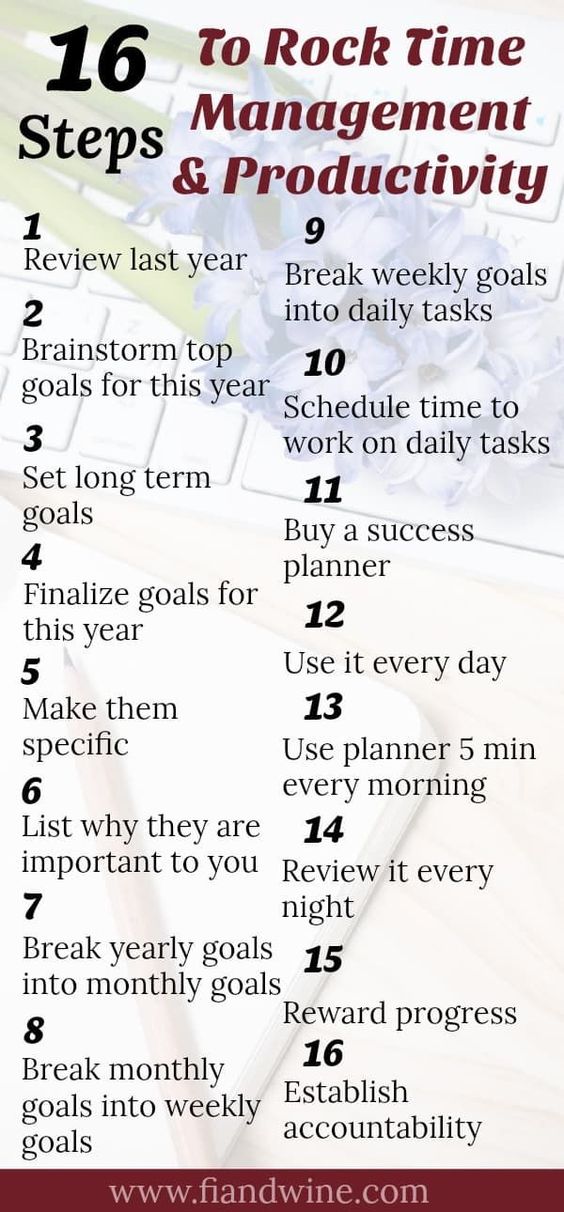Time management is an essential skill that every employee should possess. With proper time management, employees can improve their performance, reduce stress, and achieve work-life balance. However, many employees struggle with time management, leading to poor work performance, stress, and burnout. This article explores the importance of time management skills in employee performance.
Introduction
Effective time management is crucial for employees to achieve their goals, meet deadlines, and enhance their performance. Time management involves planning, prioritizing, and using time effectively to accomplish tasks efficiently. In today’s fast-paced work environment, employees face numerous distractions that hinder their productivity, such as social media, emails, and meetings. Therefore, mastering time management skills is critical for employees to stay on track and accomplish their objectives.
Benefits of Time Management Skills
There are several benefits of time management skills that employees can enjoy. First, it enables them to increase productivity, leading to enhanced performance. When employees manage their time well, they can complete tasks faster and more efficiently. Second, time management skills reduce stress and burnout. A well-managed schedule provides employees with more control over their workload, reducing anxiety and creating a better work-life balance. Third, employees can improve their reputation and performance by meeting deadlines, delivering quality work, and achieving their objectives consistently.
Common Time Management Strategies
There are several effective time management strategies that employees can use. These include setting priorities, creating a to-do list, delegating tasks, avoiding multitasking, and staying focused. Setting priorities involves identifying the most important tasks and focusing on them first. Creating a to-do list helps employees to organize their tasks and prioritize them based on importance and urgency. Delegating tasks to other team members can free up time and allow employees to focus on higher-value tasks that require their skills. Avoiding multitasking and staying focused helps employees maintain their concentration, leading to higher productivity.
Time Management Tools
Several tools can help employees manage their time effectively. These include calendars, project management software, time tracking tools, and productivity apps. Calendars are useful for scheduling appointments, meetings, and deadlines, while project management software can help employees plan and track their projects. Time tracking tools can help employees monitor the time they spend on specific tasks, enabling them to identify areas that require improvement. Productivity apps can help employees stay focused and avoid distractions by blocking time-wasting websites, apps, or notifications.
Overcoming Time Management Challenges
Despite the benefits of time management, employees face several challenges that hinder their ability to manage their time effectively. Some of these challenges include procrastination, lack of focus, poor planning, and interruptions. To overcome these challenges, employees can use various strategies, such as breaking down tasks into smaller and more manageable chunks, setting realistic deadlines, eliminating distractions, and planning their schedule at the beginning of each day.
Time Management and Work-Life Balance
Time management plays a critical role in achieving work-life balance. With proper time management, employees can allocate enough time for work, family, and personal interests. Without effective time management, work can spill over into personal time, leading to stress, burnout, and conflict with family and friends. To maintain work-life balance, employees need to learn how to manage their time effectively, prioritize tasks, and avoid overcommitting to work-related tasks.
Time Management Training
Time management is a skill that can be learned and improved with practice. Employers can provide their employees with time management training to help them improve their skills and enhance their performance. Time management training can include workshops, online courses, and coaching sessions. It can cover topics such as setting priorities, creating a to-do list, avoiding procrastination, and managing interruptions. Time management training can help employees to develop and reinforce good habits, leading to improved performance and productivity.
You might find these FREE courses useful
- Work Smarter, Not Harder: Time Management for Personal & Professional Productivity
- Engineering Project Management: Scope, Time and Cost Management
- Strategic Career Self-Management
- Free Time Management Tutorial – Effective Time Management for Employees
Conclusion
Effective time management is essential for employee performance, productivity, and work-life balance. With proper time management skills, employees can set priorities, focus on essential tasks, and manage their workload effectively. They can also reduce stress, avoid burnout, and achieve their goals consistently. Therefore, employers should encourage their employees to develop and improve their time management skills by providing training and support. By doing so, they can create a positive work environment that fosters high performance, job satisfaction, and work-life balance.


